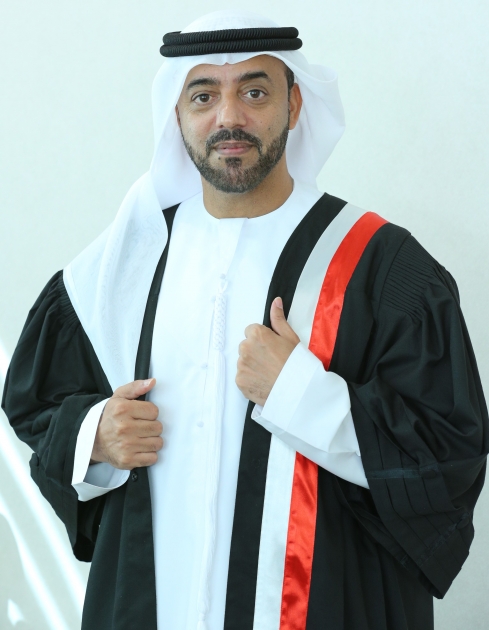
Dubai courts issue a code of conduct for experts before the judicial authorities in Dubai
Dubai courts have issued a code of conduct for experts before the judicial authorities in the Emirate of Dubai. This code aims to establish the professional, ethical, and behavioral standards that a registered expert with the judicial entity in the Emirate shall adhere to. It ensures that the experts provide their technical opinion on any matter or case with complete impartiality and independence.
Judge Khaled Al Mansoori, the head of the Expert Affairs Committee in Dubai Courts, affirmed the importance of issuing the code of conduct for experts, as it enhances trust and credibility among litigants and contributes to achieving effective judicial justice in line with the vision, mission, and strategic plan of Dubai Courts.
Al-Mansoori pointed out that the code defines the relationship between experts and the judicial authorities as assistants to the judges, aiding them in carrying out their mission through their specialized work, technical reports, opinions, and the results they arrive at regarding the tasks assigned to them in lawsuits and disputes.
Al-Mansoori further highlighted that the code considers the expert's opinion as a component of evidence, defining the scope of the expert's profession and its legal foundation. This is based on the practice of expertise works under the mandate of the judicial authority, necessitated by a decision or judicial award appointing them, specifying their task and the procedures they are authorized to undertake. It is required that the judicial authority be informed in case the experts are unable to perform their task due to reasons beyond their control.
According to Al-Mansoori, the code obligates the experts to disclose their specialization in the assigned task and its relevance to their expertise as soon as they become aware of it. The experts are not allowed to decline performing the task except for legal or compelling reasons determined and approved by the judicial entity that appointed them.
Regarding the expert's relationship with the parties involved in the dispute, Al-Mansoori emphasized the necessity for the experts to maintain an equal distance from all parties. The experts are required to perform their work with accuracy, sincerity, impartiality, and independence. It is essential for the experts to present their registration card in the list of experts during meetings with the parties involved in the dispute, allowing them to identify the expert. The use of the judicial entities' logos in the expert's work and personal documents is not permitted, and the experts shall refrain from discussing their fees or seeking personal benefits from the disputing parties.
According to Al-Mansoori, the code outlines specific criteria regarding the experts' freedom to determine their working method. This involves directly engaging in the expert tasks themselves, performing them in a manner they deem suitable, and adhering to the rules and ethics of the profession. The expert shall not allow the disputing parties to dictate the course or method of their work, nor deviate from the specified timeframe for completing the assigned tasks. The expert is encouraged to seek assistance from the judicial entity whenever obstacles arise that might affect the outcome of the work or in circumstances that could lead them astray from the implementation plan of the assigned task.
Al-Mansoori emphasized that the decision permits the experts to seek assistance from others to support and enable them to perform their task within the limits of the law. He outlined the expert's relationship with the organizational unit of experts, emphasizing the commitment to implement the decisions and directives issued by it, refraining from obstructing its work, and responding to any complaints brought to their attention within the specified timeframe.
The decision also obligates the experts to enhance their knowledge and skills by participating in conferences and workshops, staying updated on federal and local legislations related to the practice of their profession. Furthermore, the expert is required to contribute to the development of the expertise field by conducting studies, generating ideas, and presenting them to relevant authorities. Additionally, the expert should identify work-related issues, propose solutions to address obstacles encountered in the practice of the profession, and actively engage in its advancement.
Al-Mansoori concluded by emphasizing the importance of the experts’ commitment to maintaining the confidentiality of the information they come across while carrying out their tasks. The experts shall refrain from exploiting this information for their own benefit or the benefit of others. Additionally, it is necessary for the experts to collaborate with the Expert Committee when required to work with them as a unified team.



























